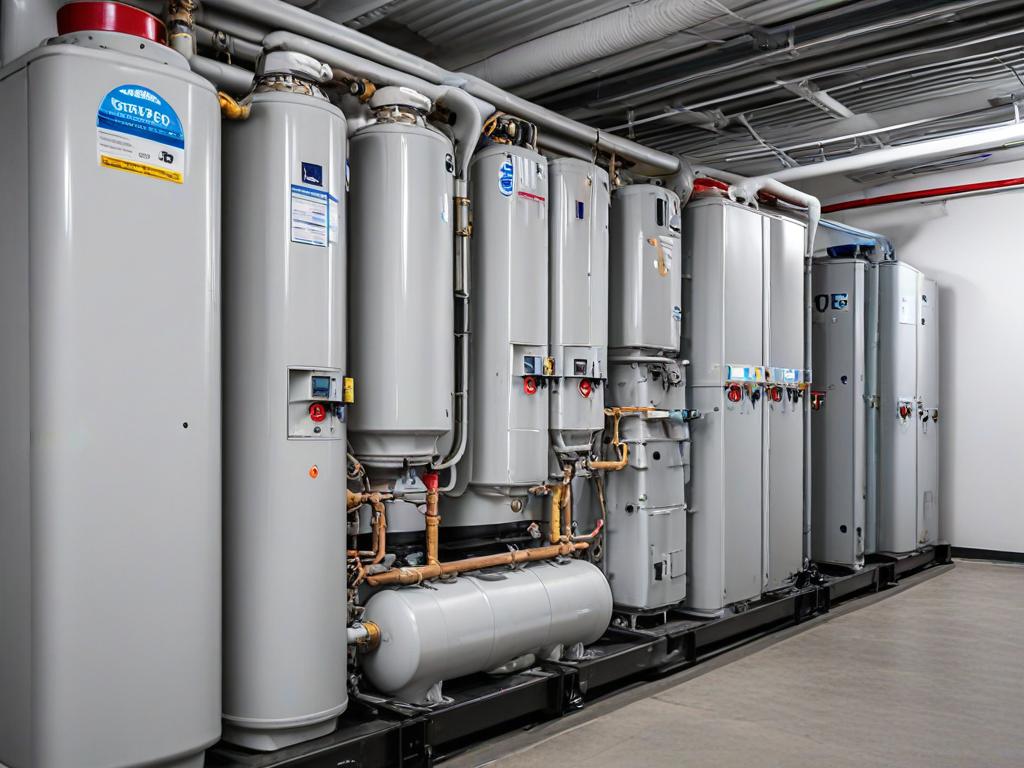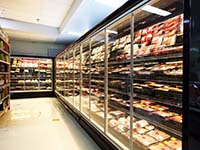
Ensure compliance with Australian regulations and optimise the performance of your commercial refrigeration systems with PR Refrigeration in Melbourne.
We PR Refrigeration, as a leading provider of commercial refrigeration and air conditioning services in Melbourne, understand the importance of proper refrigerant management in commercial refrigeration systems. Refrigerants play a crucial role in maintaining the optimal temperature and humidity levels within commercial spaces, ensuring the quality and safety of stored products.
Compliance with Australian Regulations
In Australia, the handling and management of refrigerants are regulated by the Australian Government’s Environment Protection and Biodiversity Conservation Act 1999 and the Ozone Protection and Synthetic Greenhouse Gas Management Act 1989. These regulations aim to minimise the impact of refrigerants on the environment and human health.
Commercial refrigeration operators must comply with these regulations by ensuring that their systems are properly designed, installed, and maintained to prevent refrigerant leaks and minimise emissions.
Best Practices for Refrigerant Management
To ensure compliance and optimal performance of commercial refrigeration systems, it is essential to follow best practices for refrigerant management. Here are some key best practices:
• Regular Maintenance: Regular maintenance is crucial to prevent refrigerant leaks and ensure the efficient operation of commercial refrigeration systems. This includes routine checks for signs of refrigerant leaks, cleaning of condenser coils, and replacement of worn-out components.
• Proper Installation: Proper installation of commercial refrigeration systems is critical to prevent refrigerant leaks and ensure optimal performance. This includes ensuring that all connections are secure, and the system is properly charged with the correct type and amount of refrigerant.
• Refrigerant Recovery and Recycling: Refrigerant recovery and recycling are essential to minimise the environmental impact of commercial refrigeration systems. This involves recovering refrigerant from old or damaged systems and recycling it for use in new systems.
• Employee Training: Employee training is vital to ensure that commercial refrigeration operators understand the importance of proper refrigerant management and can identify potential issues before they become major problems.
• Record Keeping: Accurate record-keeping is essential to track the installation, maintenance, and repair of commercial refrigeration systems. This includes records of refrigerant usage, system performance, and maintenance activities.
Benefits of Effective Refrigerant Management
By implementing these best practices, you’ll experience reduced environmental impact wherein it minimises refrigerant leaks lessens greenhouse gas emissions and protects the ozone layer. It also improved system efficiency. Well-maintained systems with minimal leaks operate more efficiently, leading to lower energy consumption and cost savings.
Also, proactive management reduces the risk of non-compliance with regulations, avoiding potential penalties and business disruptions. Regular maintenance and leak prevention extend the lifespan of your commercial refrigeration system, reducing replacement costs.
Minimize the Impact of Refrigerants with PR Refrigeration
Proper refrigerant management is critical to ensure the optimal performance and environmental sustainability of commercial refrigeration systems. By following best practices and complying with Australian regulations, commercial refrigeration operators can minimise the impact of refrigerants on the environment and human health.
At PR Refrigeration, we are committed to providing expert commercial refrigeration and air conditioning services in Melbourne, ensuring that our clients’ systems are designed, installed, and maintained to meet the highest standards of refrigerant management. Remember, responsible refrigerant management is not just good for the environment; it’s good for your business too.
Optimized by: Netwizard SEO




